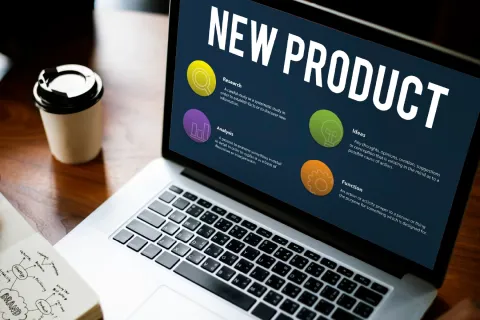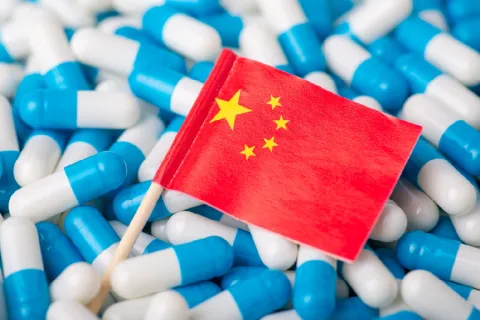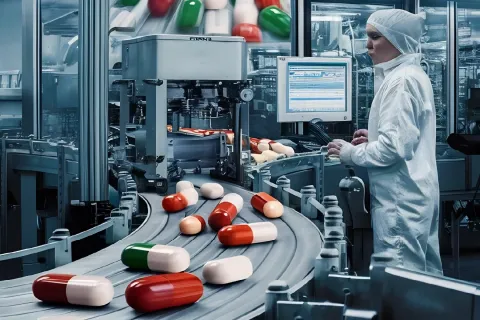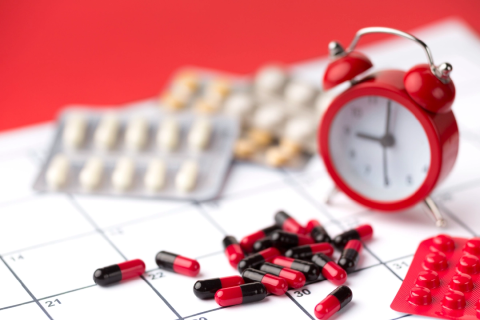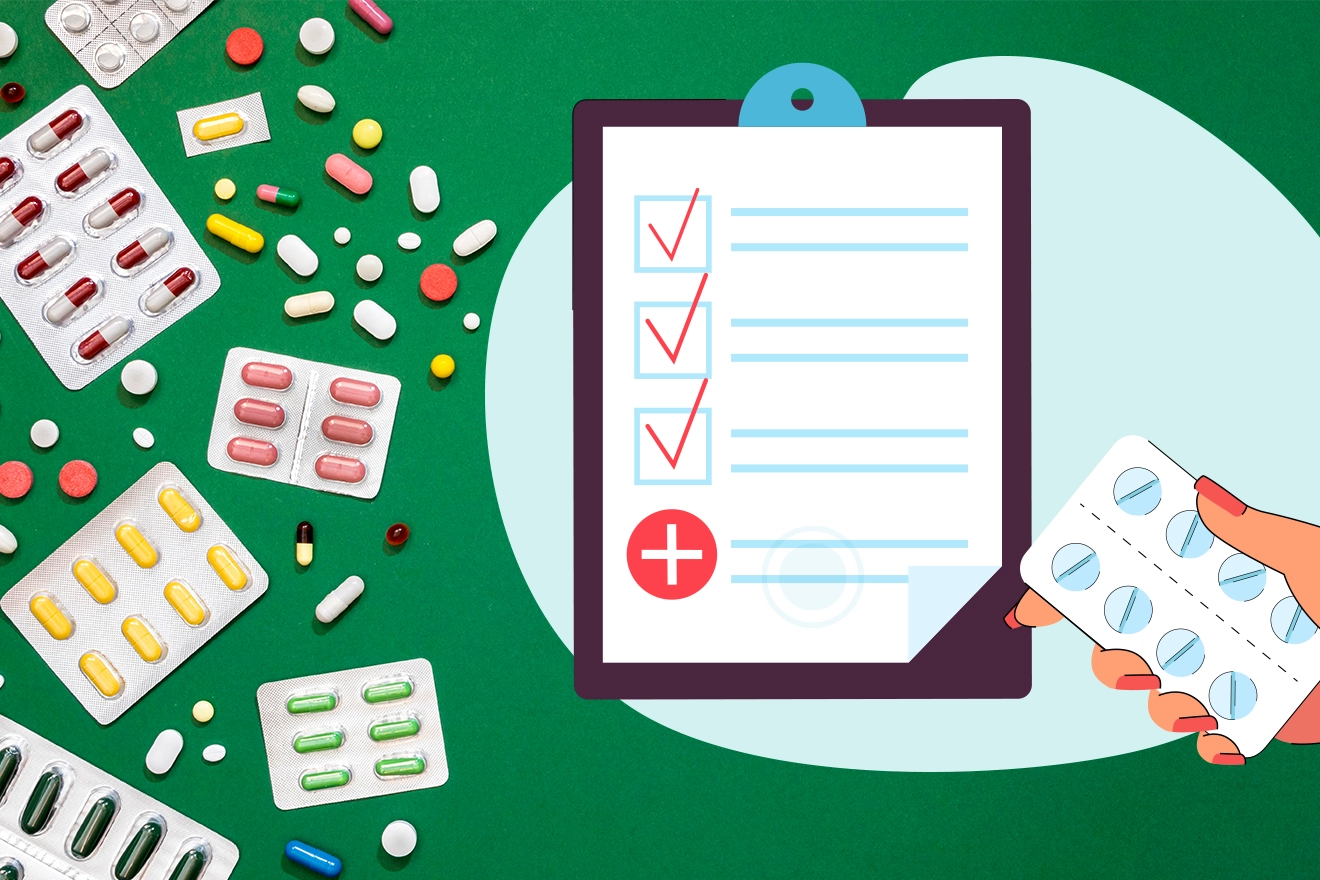
In Hong Kong, the Pharmacy and Poisons Board of Hong Kong (PPBHK) oversees drug approval, supported by the Department of Health's Drug Office. All pharmaceutical products must be registered with the PPBHK to ensure Regulatory compliance, and the registration process evaluates safety, efficacy, and quality.
Traders require licenses for manufacturing, wholesale, and retail. Import licenses are mandatory for each imported pharmaceutical product. The PPBHK also issues guidelines and codes of practice to ensure ongoing adherence to Regulatory requirements.
Here are 5 must-know FAQs about the drug approval process in Hong Kong:
1. What are the primary regulations governing drug approval?
- In Hong Kong, drug approval is governed by the Pharmacy and Poisons Ordinance (Cap. 138), which requires pharmaceutical products to be registered with the Pharmacy and Poisons Board.
- The Drug Office supports the Board and manages the registration process through the Pharmaceuticals Registration System 2.0 (PRS 2.0).
- Import licenses are needed for importing pharmaceuticals, and pharmacovigilance requirements must be followed post-registration.
- Manufacturing licenses are issued by the Pharmacy and Poisons (Manufacturers Licensing) Committee for domestically made drugs.
- Additional regulatory details are provided in subsidiary legislation and the Good Manufacturing Practice (GMP) Guide.
- Imports and exports of drug must be covered by import and export licenses issued by the Trade and Industry Department under the Import and Export Ordinance, Chapter 60 of the Laws of Hong Kong.
- The claims made in relation to the drug shall comply with Undesirable Medical Advertisements Ordinance (Cap. 231).
2. What is the drug registration process in Hong Kong?
The drug registration process in Hong Kong involves
- Submitting an application online
- Screening
- Evaluation
- Registration
- Obtaining an import license
- Complying with pharmacovigilance requirements
- Obtaining manufacturing and wholesale licenses (for domestically made drug)
- Ensuring compliance with local regulations
- Managing post-registration changes
- Renewal and monitoring.
Each step ensures the pharmaceutical product meets Hong Kong’s regulatory requirements.
3. What documents are required for drug registration?
The required documents typically include:
- A copy of the business registration certificate.
- An authorization letter from the manufacturer/marketing authorization holder, authorizing the applicant to apply for the registration for its product.
- A letter of authorization signed by the applicant (sole proprietor, managing partner or director) and stamped with the applicant’s company chop to authorize a person (with relevant contact telephone, facsimile numbers and email address) to handle the application on its behalf and the applicant should also undertake it “Agrees to submit additional or updated supporting documents at any stage of registration when required”
- An electronic copy of the manufacturer(s)’ license.
- An electronic copy of Good Manufacturing Practices (GMP) certificate of the manufacturer(s), with evidence of compliance to the Pharmaceutical Inspection Co-operation Scheme (PIC/S) GMP standards.
- For application relating to a pharmaceutical product manufactured outside Hong Kong, the methods, standards and conditions of the manufacture of the pharmaceutical products will also be taken into consideration. Applicants should therefore, submit detailed information regarding the overseas manufacturer(s), including the manufacturing and quality control facilities and technical personnel, etc. (e.g. site master file)
- An electronic and hard copy of Free Sale Certificate or Certificate of a Pharmaceutical Product (CPP) of the product issued by the drug regulatory authority of the country of origin.
- Description and composition of the finished product issued by the manufacturer.
- Release specification and shelf-life specification (if applicable) of the finished product issued by the manufacturer.
- Detailed method of analysis of the product for all tests stated in the finished product specifications.
- Certificate of analysis of a representative batch of the finished product issued by the manufacturer or the company performing the analysis.
- Stability test data of the product.
- Copy of reputable references and approved package insert.
For NCE, the general required documents for registration include:
- ICH CTD Module 2 (or equivalent). Module 3 and 5 may be also required.
- Risk Management Plan and/or Risk Evaluation and Mitigation Strategy recommended for implementation in Hong Kong.
- Prescribing information leaflet for healthcare professionals for use in Hong Kong.
- Risk assessment report of elemental impurities in accordance with ICH Q3D.
- Information on any pre-registration importation of the product, such as named patient import and clinical trials in Hong Kong.
- A comparison of therapeutic indications, dosage, warnings, precautions, contraindications, or side effects between the application and authorizations for the same product in other countries/regions.
- Worldwide registration status of the product.
- Any other countries/regions where the product's authorization was refused, suspended, or revoked by the competent authorities.
These documents are part of the general requirements for demonstrating the quality, efficacy, and safety of the product.
4. How long does the drug approval process take?
On average, the approval timeline for a pharmaceutical product in Hong Kong is around 24 months, from submission to availability in public hospitals.
5. Can foreign pharmaceutical companies directly apply for registration?
Foreign pharmaceutical companies cannot directly apply for drug registration in Hong Kong. According to the guidelines, the applicant for drug registration must be a locally registered pharmaceutical company or the local branch, subsidiary, representative, agent, or distributor of the overseas pharmaceutical manufacturer.
Therefore, a foreign pharmaceutical company would need to work through a local entity in Hong Kong to apply for drug registration.
Conclusion
Navigating the drug approval process in Hong Kong requires a clear understanding of regulatory requirements, documentation, and compliance measures. While prior approvals from established agencies can streamline registration, local representation is crucial for foreign companies. Staying up to date with Hong Kong's evolving regulatory landscape ensures smooth market entry and continued compliance.
For expert guidance on regulatory submissions in Hong Kong, contact Freyr Solutions today!

